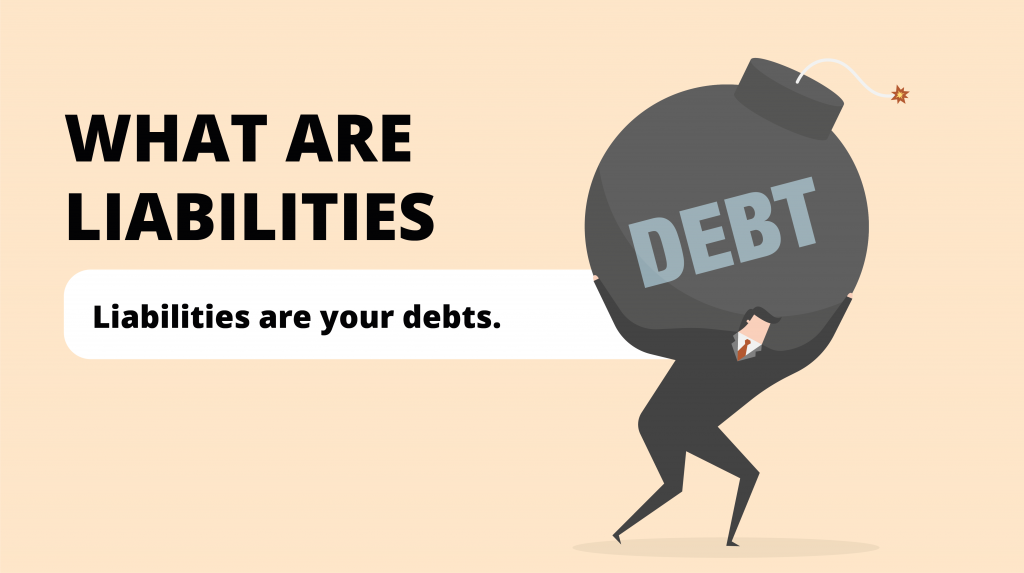 My Cart 0
My Cart 0

Finance 101: Asset vs Liability
03 May 2021
If you’re like me, your head would start spinning the moment finance terms are thrown out in conversations. Unfortunately though, there comes a time when you’ll have to take the finance Panadol if you want to be serious about adulting.
So I’ve taken it upon myself to unravel the definitions of these common finance terms, and explain them to you in the way a finance noob can understand.
I remember first hearing the terms asset and liability back in a basic financial literacy course in school. Given that my financial horizon was only as far as my monthly allowance, it was difficult to grasp economic losses and gains as long as 10 years later. With age (and plenty of adulting), I'm happy to report that that has changed.
First, let's look at assets.
Assets - what you have

In simple terms, assets are the things that can provide economic value for you. Time is of the essence here. Assets can be classified into two broad categories: current assets and fixed assets.
Current assets include things like cash, inventory - items that can be converted into a cash easily.
Fixed assets refers to long term assets, such as property and equipment, items that cannot be converted into cash quickly.
Liability - what you owe

Liabilities are your debts - mortgage debt, bank debt, taxes owed.
Likewise, there generally two types of liabilities: current liabilites or long-term liabilities.
Current liabilities refers to debts that need to be paid typically within a one year period. These include employee payroll, or an upcoming payment to a vendor.
Long-term liabilities includes things like a bank debt that is payable over a 10 year period.
Simple enough? Not quite.
The time factor
This is where the definition of asset vs liability becomes a little grey. While some pay consider property an asset, that is only on the assumption that you make money from it after a sale. Especially if you the property is your current residence, it's unlikely that you will sell it in the short term. Putting a future value on fixed assets becomes tricky because there can be market shifts that are hard to predict. Case in point: the current pandemic situation today.
Knowing how to classify which items into which basket on your balance sheet is an important financial management skill to have. Maintaining more assets than liabilities is the hallmark of any good personal or business financial management.
Stay tuned for more finance terms coming your way next week!



